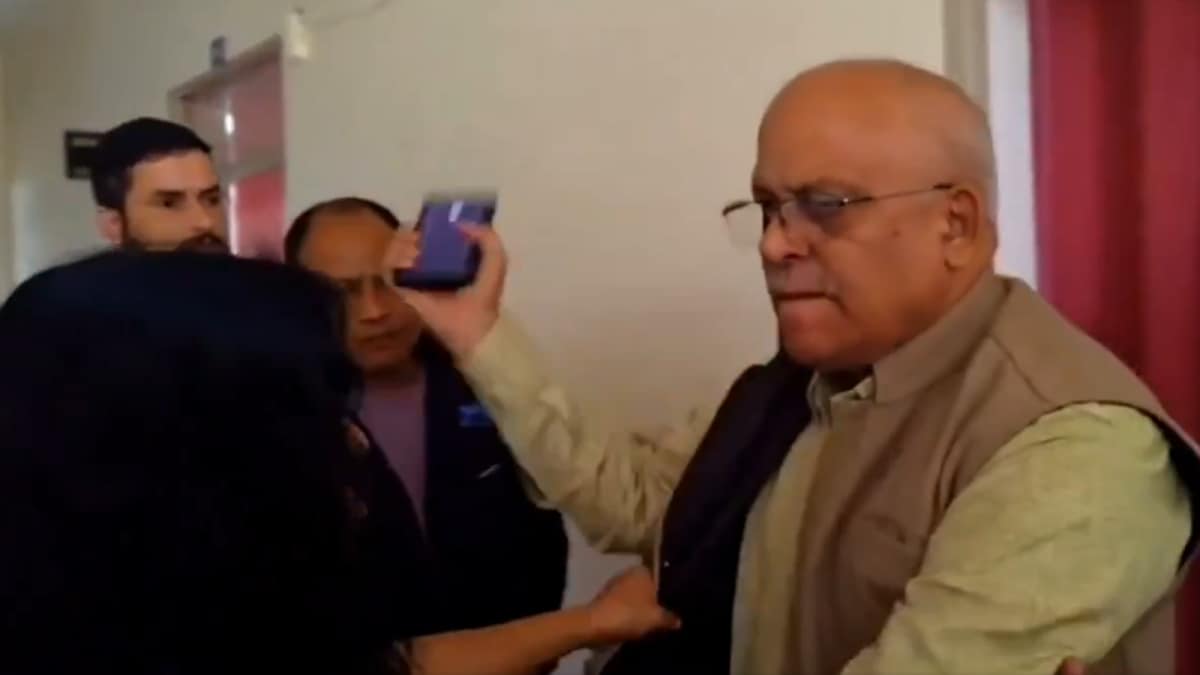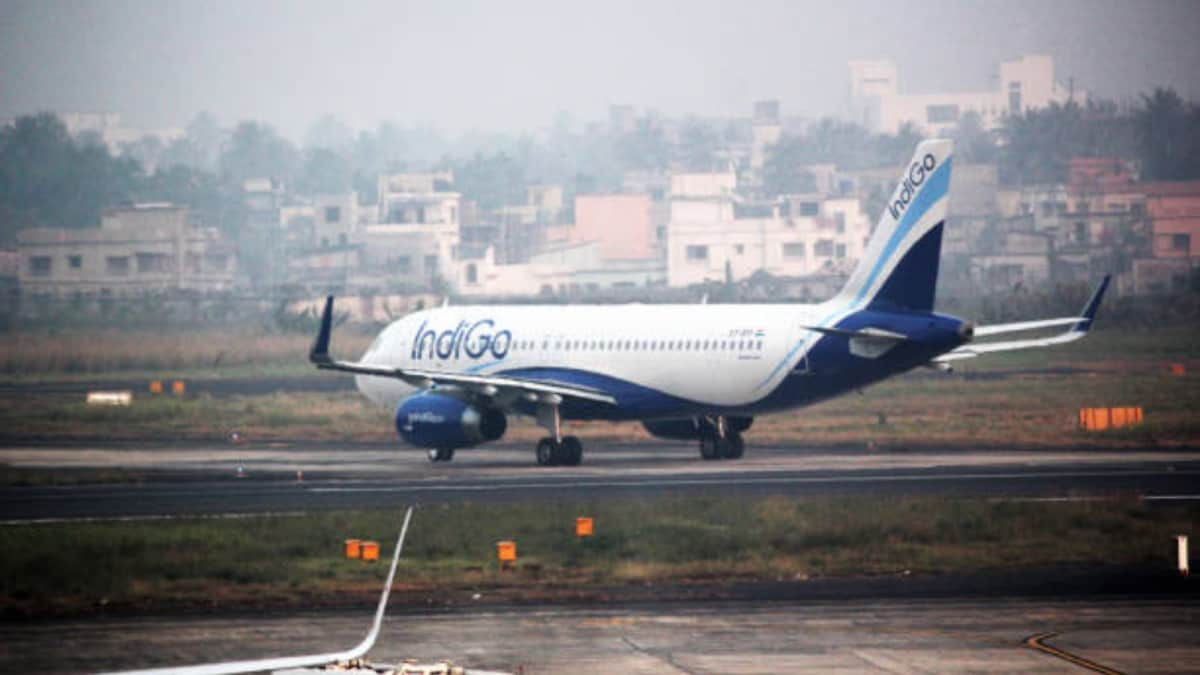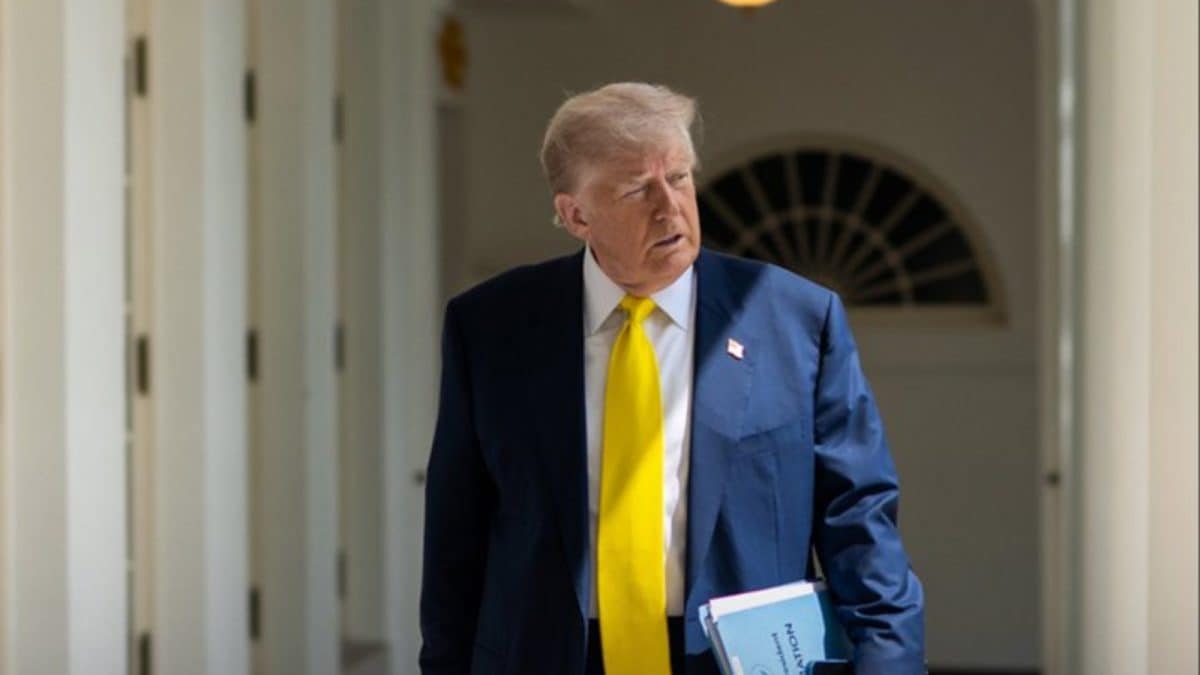Delhi riots case accused Shadab Ahmed submitted in the Supreme Court on Thursday (November 6, 2025) that criminality cannot be attached to mere presence at protest sites.
Appearing before a Bench of Justices Aravind Kumar and N.V. Anjaria, Senior Advocate Siddharth Luthra, for Mr. Ahmed, said the charges against his client, which include offences under the Unlawful Activities (Prevention) Act (UAPA), were linked to testimonies alleging that he had shown up at anti-Citizenship (Amendment) Act protests in the national capital.
Also read: Delhi riots case hearing highlights
The accused’s side argued that he was included only in the second supplementary chargesheet, and one of the materials produced by the prosecution against him was a hardly discernible photograph supposedly showing him attending a protest by the Delhi Protest Solidarity Group.
Mr. Ahmed, who is seeking bail, said the case against him banks on the depositions of police witnesses. He referred to two protected witnesses, codenamed Radium and Sodium, who were arraigned to buttress the police case against him.
Mr. Luthra, as an aside, said Radium and Sodium happened to be dangerous chemicals. Justice Kumar responded that at times dangerous materials could be used for a good purpose too.

The Senior Advocate referred to a deposition by one of the witnesses that Mr. Ahmed was heard casually elaborating on the conspiracy at a biryani stall. He asked the court whether organising and participating in protests was a criminal act. The prosecution’s case, according to the arguments led by Mr. Ahmed’s side, said that Mr. Ahmed was instrumental in blocking a main road in Chandbagh on February 24, 2020, and supporting women for a Bharat bandh.
Pressing for bail, Mr. Luthra said the case records number to 2,000 documents, and yet none directly implicated his client in any act of violence. “There is no evidence in the form of a video, message or statement connecting him to a violent act or unlawful meeting,” he submitted. The lawyer said his client has been punished for expressing his dissent to a law.

The violence erupted during the protests against the Citizenship (Amendment) Act.
Umar Khalid, Sharjeel Imam, Gulfisha Fatima, Meeran Haider and Shifa ur Rehman were booked under the anti-terror law and provisions of the erstwhile Indian Penal Code for allegedly being the “masterminds” of the February 2020 riots, which left 53 people dead and over 700 injured.
Seeking bail in the UAPA case linked to the 2020 Delhi riots, Mr. Khalid had told the apex court that there is no evidence linking him to violence and denied conspiracy charges against him.
The Delhi High Court denied bail to nine people, including Mr. Khalid and Mr. Imam, saying “conspiratorial” violence under the garb of demonstrations or protests by citizens could not be allowed. The High Court had reasoned that unfettered right to protest would damage the constitutional framework and impinge upon the law-and-order situation in the country.
The Delhi Police would begin its counter-arguments against bail and in support of the High Court decision on November 10 at 2 p.m.

 11 hours ago
8
11 hours ago
8







 English (US) ·
English (US) ·